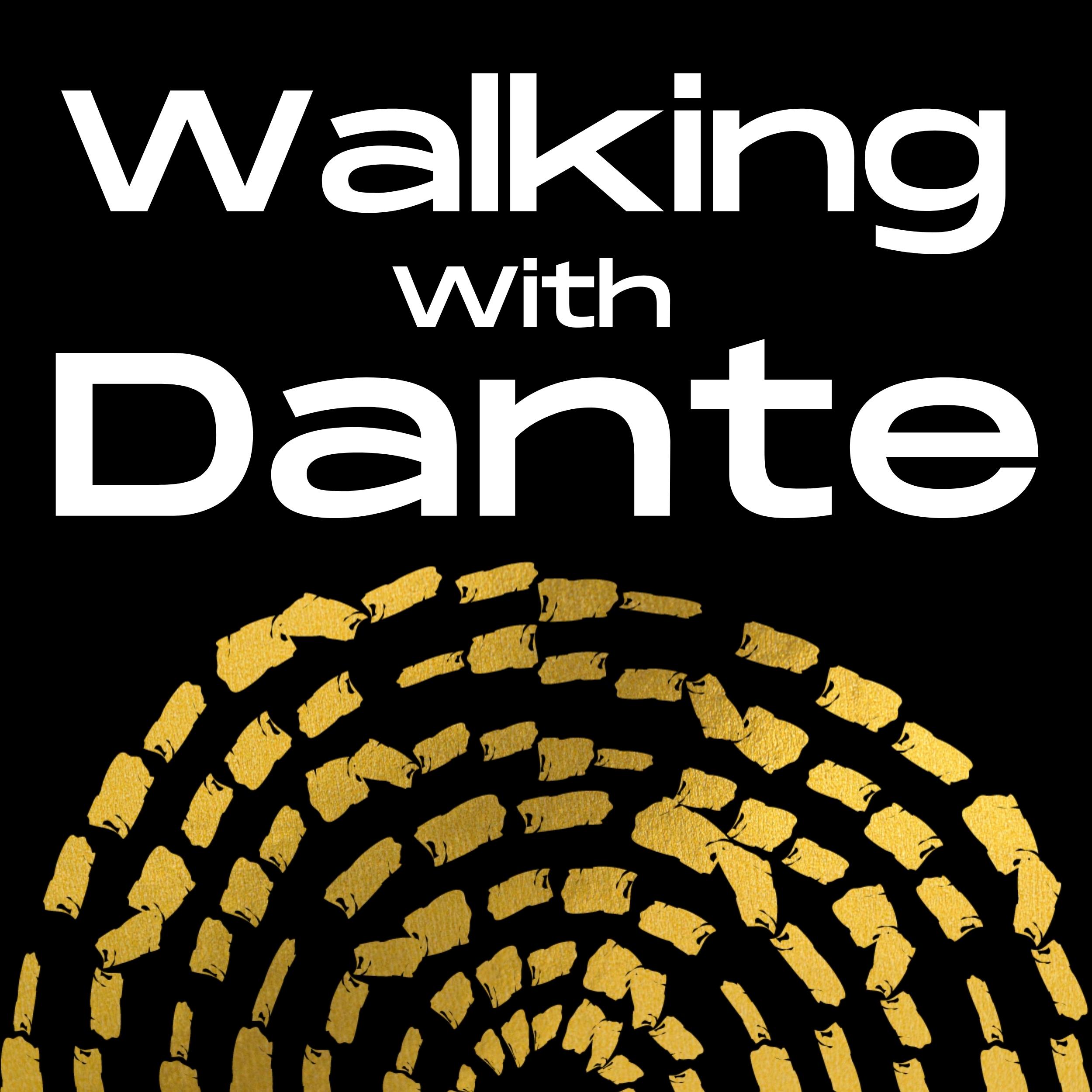Dante, Aquinas, Aristotle, And The Fences Of Truth
Description
Before we step onto PURGATORIO's terrace of envy, the second ledge of Purgatory proper, let's pause a moment to talk about the relationship among Dante, Aquinas, and Aristotle.
We have to take this detour because Dante will increasingly incorporate scientific reasoning into his poem, changing its very nature, based on his understanding of Aristotle, which is in turn based on the work of Islamic and Jewish scholars from the Iberian caliphates.
Join me, Mark Scarbrough, as we look at this complicated history of thought and how it finally lands in COMEDY.
Please consider donating to WALKING WITH DANTE to help me cover the licensing, hosting, domain, royalty, streaming, and editing fees of this podcast. You can do so by visiting this PayPal link right here.
Here are the segments for this episode of WALKING WITH DANTE:
[01:46] The collapse of the Umayyad caliphate and the inception of the Iberian schools of learning.
[07:33] The discomfort with Aristotle at the University of Paris.
[14:33] Classical Greek leaning and the disruption and/or incorporation into medieval Christianity.
[17:30] If God is the author of all truth, then how does any truth whatsoever show up in the works of a pagan philosopher?
[21:10] How does inductive truth make any sense in a deductive religion?
[25:38] COMEDY is changing from an allegorical journey of a soul across the known universe to a poetic compendium of known truth.
More Episodes
We've come to the middle of PURGATORIO . . . and indeed the middle of COMEDY as a whole. Let's take a breather and review where we've been in Purgatory since our very slow approach sometimes (or often?) causes us to privilege the trees over the forest.
Join me, Mark Scarbrough, as I walk you...
Published 11/20/24
Published 11/20/24
We come to the end of Virgil's (first) discourse on love, as well as the end of the central canto of PURGATORIO.
But it's a strange end since Virgil admits to what he doesn't know. Having been so certain about how human behavior operates, he concludes by telling Dante the pilgrim he's on his own...
Published 11/17/24


